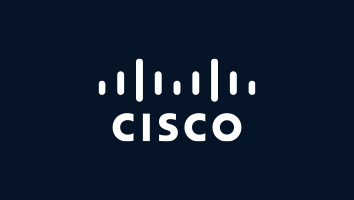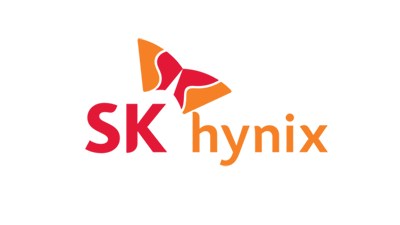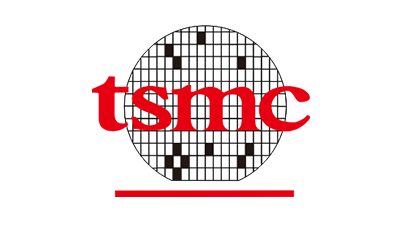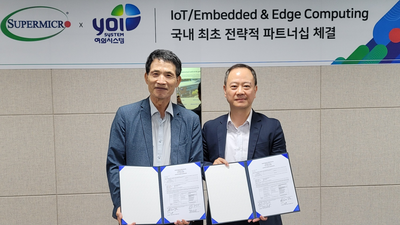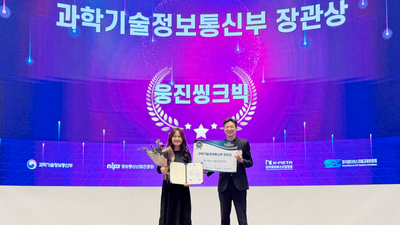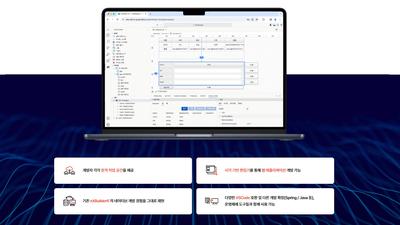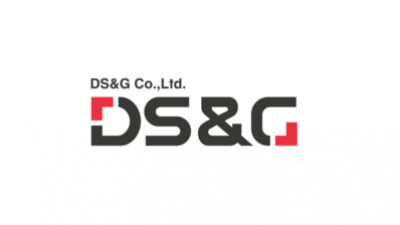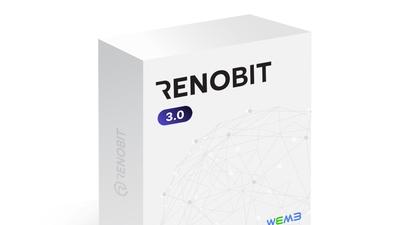The Web has pushed traditional companies to scrap much of their internal information technology departments and turn to 「outsourcers」 for their technology and development needs. But this new breed of 「outsourcers」 varies significantly from past IT outsourcing companies. These new companies, what I call 「In Companies」, are actually the next generation of enterprise software companies.
In Companies have a significantly different business model than traditional enterprise software providers. The traditional software business, for example, depends heavily on selling software licenses, whereas In Companies blend a significant amount of services into the mix of providing software. This blend not only provides Out Companies with the services they need to 「Webify」 significant portions of their businesses, but it could make revenues for these new In Companies less volatile and more predictable over time than those of their traditional software-selling counterparts.
Unlike enterprise software companies of old, the new In Company isn’t overly dependent on a big, one-time fee. One of the most difficult components of the enterprise software business model has been the lack of visibility and predictability of the sales pipeline.
<출처 http://www.news.com/Perspectives/Column/0,176,120,00.html?nd>
웹은 일반 기업들 내부 정보기술(IT) 관련부서의 많은 부분을 해체하고 기술과 개발 수요를 「외주자」로 전환토록 하고 있다. 그러나 이 새로운 외주자의 유형은 과거 IT 외주기업과 분명한 차이가 있다. 이른바 「무기업들」이라고 불리는 이 새로운 기업이 바로 차세대 기업형 소프트웨어회사들이다.
무기업들은 기존 기업형 소프트웨어 공급자와는 확연히 다른 업무모델을 갖고 있다. 예컨대, 기존 소프트웨어 비즈니스가 라이선스를 판매하는 데 전적으로 의존해온 데 반해 무기업은 중요한 많은 서비스를 통합함으로써 혼합 소프트웨어방식을 취한다. 이같은 통합방식은 기존 회사들에 비즈니스의 중요 부분을 「웹화」하는 데 필요한 서비스를 제공한다. 그뿐만 아니라 기존 소프트웨어 판매사들에 비해 무기업의 매출액 손실을 적게 해주고 예측할 수 있는 과외시간은 더많이 늘려줄 수 있다.
과거 기업형 소프트웨어회사와 달리 새로운 무기업들은 대규모, 일시불 금액에 크게 의존하지 않는다. 기업형 소프트웨어비즈니스 모델에서 가장 어려운 요소 가운데 하나는 판매경로에 대한 가시성과 예측성이 부족하다는 점이다.
많이 본 뉴스
-
1
삼성, 첨단 패키징 공급망 재편 예고…'소부장 원점 재검토'
-
2
정보보호기업 10곳 중 3곳, 인재 확보 어렵다…인력 부족 토로
-
3
“12분만에 완충” DGIST, 1000번 이상 활용 가능한 차세대 리튬-황전지 개발
-
4
최상목 “국무총리 탄핵소추로 금융·외환시장 불확실성 증가”
-
5
삼성전자 반도체, 연말 성과급 '연봉 12~16%' 책정
-
6
한덕수 대행도 탄핵… 與 '권한쟁의심판·가처분' 野 “정부·여당 무책임”
-
7
美 우주비행사 2명 “이러다 우주 미아될라” [숏폼]
-
8
日 '암호화폐 보유 불가능' 공식화…韓 '정책 검토' 목소리
-
9
'서울대·재무통=행장' 공식 깨졌다···차기 리더 '디지털 전문성' 급부상
-
10
헌재, "尹 두번째 탄핵 재판은 1월3일"
브랜드 뉴스룸
×
![]()














